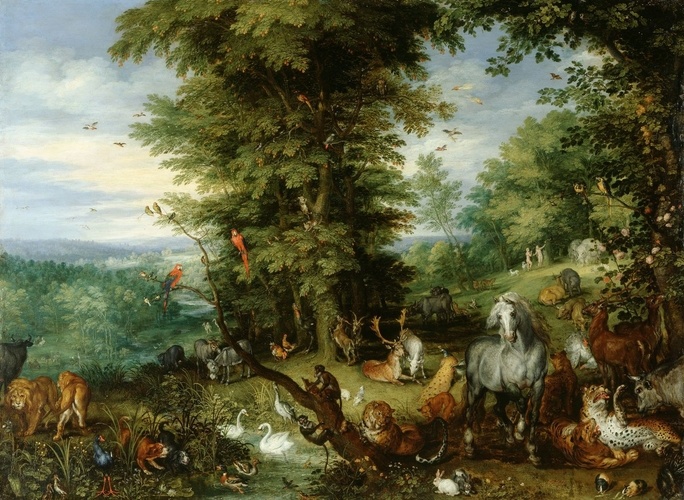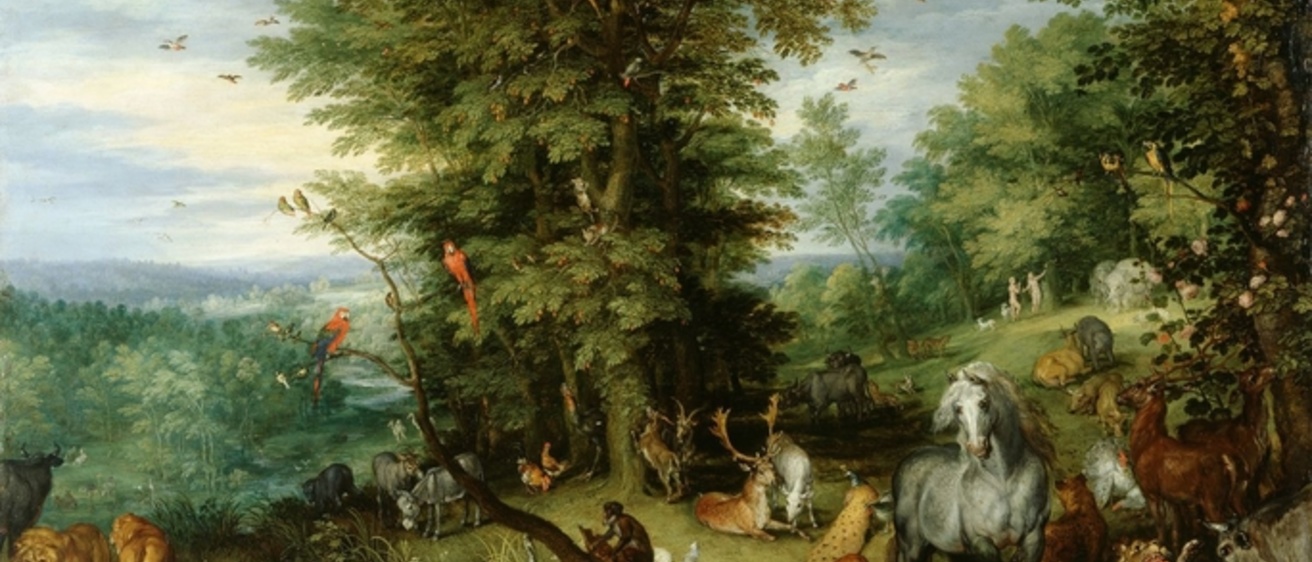
The afterlife plays a significant role in many people's religious beliefs. While they often disagree about exactly what happens, most agree that there will be an afterlife—at least for those who are good. However, according to Genesis, God is very clear that humans do not belong in heaven. Indeed, Genesis 3:22–23 says that Adam and Eve were cast out of the Garden of Eden because eating from the tree of knowledge of good and evil had made them like God (and the mysterious “us” with him). If they were also to eat from the tree of life, they would also become immortal and just like Lord (and those divine beings around him):
"'See, the man has become like one of us, knowing good and evil; and now, he might reach out his hand and take also from the tree of life, and eat, and live forever'—therefore the LORD God sent him forth from the garden of Eden, to till the ground from which he was taken."
Apparently, God did not want humans to be immortal with him, and took great measures to keep that from happening...at least "in the beginning."
Instead, the first afterlife destination for humans is a place most often called "Sheol" (Heb: שׁאל or שׁאול). This term appears 65 times in the Hebrew Bible, though its exact meaning remains unclear. The best option is that it is related to the Hebrew verb שׁאה, meaning "to lie desolate, be destroyed, ruined."
Sheol is where Jacob says he will have to go to see his son Joseph (Genesis 37:35); a place where humans are cut off from the Lord (Psalms 6:5); where David tells Solomon he must be sure to send a couple of his enemies violently (1 Kings 2:5–6, 8–9); where those who rebelled against Moses were sent, while still alive, when the ground opened up beneath them (Numbers 16:31–33); and where all go and there is no "work or thought or knowledge or wisdom" (Ecclesiastes 9:10). Much later in Jewish history, when the concept of resurrection is first clearly referenced in Daniel 12:1–3, the really good and really bad are resurrected to the earth for reward and punishment, but only the "wise," who were the teachers (lit: "those who led many to righteousness"), are transformed into stars/brightness in the heavens.
I particularly like to point this out to my students as perhaps the one good fringe benefit of being a teacher, or at least teaching others to be righteous.
